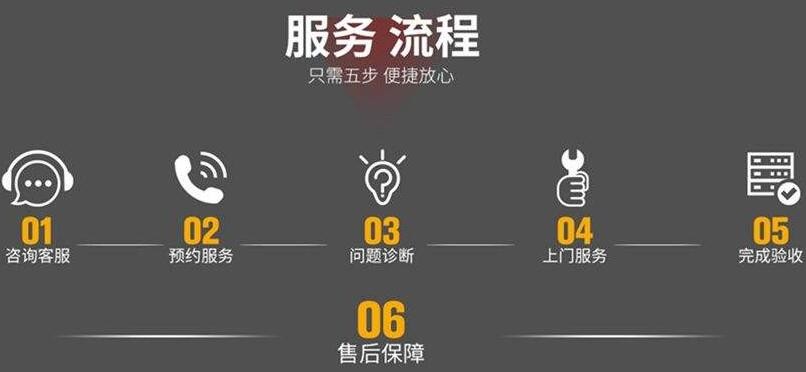The article discusses the various factors that contribute to poor English performance. It explores the impact of inadequate learning resources, ineffective teaching methods, lack of motivation, and insufficient practice. Each factor is examined in detail, providing insights into the challenges faced by students. The article concludes by emphasizing the importance of addressing these concerns to improve English proficiency.

Poor English performance can often be attributed to a lack of adequate learning resources. Many students do not have access to quality textbooks, online materials, or language labs. This hampers their ability to learn effectively and develop essential language skills. Without proper resources, students may struggle with grammar, vocabulary, and comprehension, which directly affects their exam scores.

Additionally, limited exposure to authentic English materials such as newspapers, literature, and movies can hinder language acquisition. Without exposure to real-life language usage, students may struggle to grasp the nuances of spoken and written English, leading to poor performance in language assessments.

Furthermore, outdated or irrelevant curriculum materials can also contribute to poor English performance. If the curriculum does not align with the needs of the students or fails to address current language trends, it can hinder the development of necessary language skills for academic success.

The choice and implementation of teaching methods play a crucial role in determining student success in learning English. Poorly trained teachers who rely on outdated teaching techniques can fail to engage students effectively, resulting in poor performance.

Traditional language instruction often focuses heavily on memorization and rote learning, neglecting the development of critical thinking and communication skills. This approach can be demotivating for students, leading to a lack of interest and poor performance in English exams.

In addition, classrooms with large student-to-teacher ratios can impede effective learning. Limited inpidual attention and interactive opportunities hinder students' ability to practice and receive feedback on their language skills, therefore adversely affecting their exam performance.

The lack of motivation is a significant factor contributing to poor English performance. Students who do not see the relevance of studying English or do not have clear goals may lack the drive to put in the necessary effort to improve their language skills.

Moreover, external factors such as peer pressure, societal expectations, and negative experiences can also affect a student's motivation to learn English. If students feel discouraged or unsupported, they are less likely to invest time and effort in improving their English, ultimately impacting their exam results.

Furthermore, a lack of confidence in using English as a second language can diminish motivation. Fear of making mistakes or being judged by others can discourage students from actively participating in class discussions or practicing speaking English outside the classroom.

Insufficient practice plays a significant role in poor English performance. Language skills require regular practice and reinforcement, both inside and outside the classroom.

When students lack opportunities to practice speaking, listening, reading, and writing in English, their proficiency levels suffer. Limited exposure to authentic English conversations and texts hinders their ability to comprehend and communicate effectively, leading to lower exam scores.

Furthermore, inadequate feedback on language skills prevents students from identifying and addressing their weaknesses. Without guidance on areas that require improvement, students may struggle to improve their language proficiency, resulting in poor performance in English exams.

Poor English performance can be attributed to multiple factors, including inadequate learning resources, ineffective teaching methods, lack of motivation, and insufficient practice. By providing students with better learning materials, implementing effective teaching strategies, fostering motivation, and encouraging regular practice, it is possible to improve English proficiency levels. Addressing these factors will not only enhance students' exam performance but also equip them with valuable language skills for their academic and professional growth.
标题:英语成绩差的原因(英语成绩糟糕的因素)
地址:http://www.hmhjcl.com/kaoxiang/113592.html

